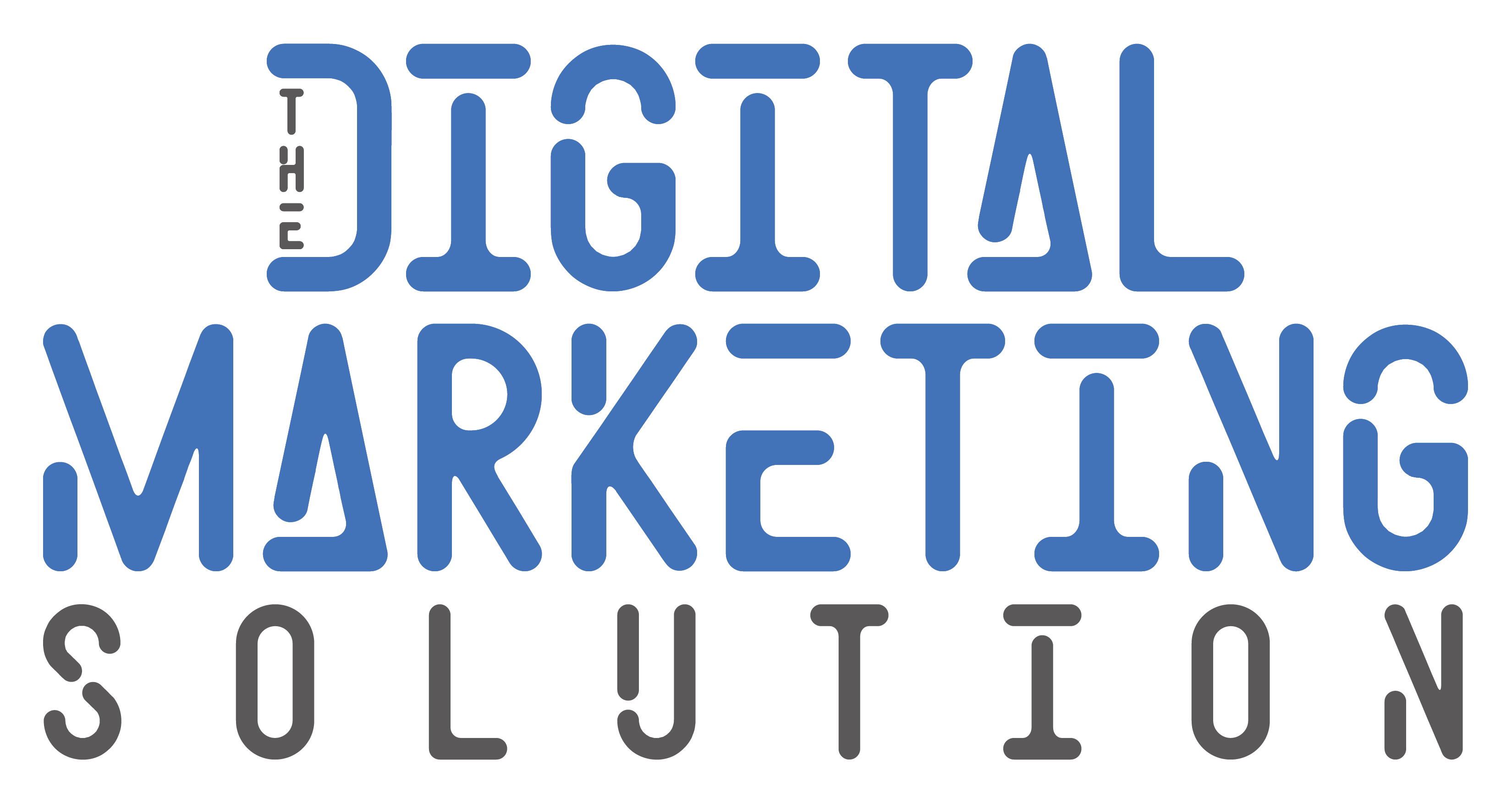Developing an Effective Digital Marketing Strategy
Creating a successful digital marketing strategy requires a blend of foresight, preparation, and adaptability. By following these essential steps, businesses can craft a strategic plan that not only engages their audience but also drives measurable results.
Begin with Audience Insight
Understanding your target audience is crucial. Start by:
- Defining Buyer Personas: Create detailed profiles of your ideal customers, including demographics, interests, and online behaviors.
- Researching Competitors: Analyze competitors to see what strategies they are using and how they engage audiences.
Set Clear Objectives
Having undefined goals can lead to unfocused efforts. To avoid this:
- Set SMART Goals: Ensure your marketing objectives are Specific, Measurable, Achievable, Relevant, and Time-bound. This clarity helps in tracking progress and refining tactics.
- Prioritize Goals: Identify which goals will have the greatest impact and align resources accordingly.
Choose the Right Tools and Channels
Selecting appropriate tools and channels is essential for execution:
- Research Platforms and Tools: Identify the platforms where your audience is most active and explore tools like email marketing software, CRM systems, and analytics tools that facilitate engagement.
- Tailor Content to Platforms: Different platforms require varied content types; customize strategies for each medium to maximize engagement.
Implement and Monitor
Implementing your strategy effectively is just the beginning:
- Track Your Progress: Utilize analytics to monitor the performance of your campaigns. Key performance indicators (KPIs) should be regularly reviewed to ensure targets are being met.
- Be Ready to Pivot: Use the insights gained from analytics to make necessary adjustments, optimizing your strategies for better results.
Test and Refine
Continuous improvement is key to long-term success:
- Conduct A/B Testing: Experiment with different approaches to see what resonates best with your audience.
- Gather Feedback: Encourage audience feedback to gain direct insights into their needs and preferences.
- Iterate Based on Data: Use this feedback and testing data to refine your strategies and make informed decisions.
By systematically addressing these areas, businesses can create a robust digital marketing strategy that drives results and places them ahead of the competition. Each step builds a foundation that not only focuses your efforts but also optimizes your ROI through data-driven decision-making.
Why Is Having a Digital Marketing Strategy Important for Campaign Success?
In the bustling world of digital marketing, a well-defined strategy is not just a recommendation—it’s a necessity. Success in digital campaigns hinges on clarity and coordination. Here, we’ll explore why having a strategy is vital for your marketing success.
The Core of Cohesion
Without a strategy, your marketing efforts can become disjointed and aimless. Imagine trying to navigate a city without a map; that’s what marketing without a plan feels like. A solid strategy ensures all marketing activities are aligned with your overarching business goals, providing coherence and direction.
Stand Out From The Crowd
Many businesses lack a strategy, leaving them directionless. This opens opportunities for you to surpass them by having a structured approach. A clear strategy helps you carve out a niche in a crowded market, giving you a competitive edge.
Steps to Effective Strategy
To embark on a successful marketing journey, consider these crucial steps:
- Identify Your Audience: Develop detailed buyer personas to understand who you’re speaking to.
- Set SMART Goals: Specific, Measurable, Achievable, Relevant, and Time-bound goals keep your efforts focused.
- Choose Your Tools and Tactics: Select the right platforms and methods to reach and engage your audience.
- Monitor and Adjust: Regularly analyze your results and refine your approach for continuous improvement.
Measure and Optimize
Perhaps the most critical benefit of a digital marketing strategy is the ability to measure success. By establishing clear objectives, you can easily track your progress and identify areas needing improvement. This data-driven approach allows for informed decisions, optimizing campaigns in real time.
By integrating a well-thought-out digital marketing strategy, not only do you streamline your efforts, but you also pave the way for sustainable growth and long-term success.
